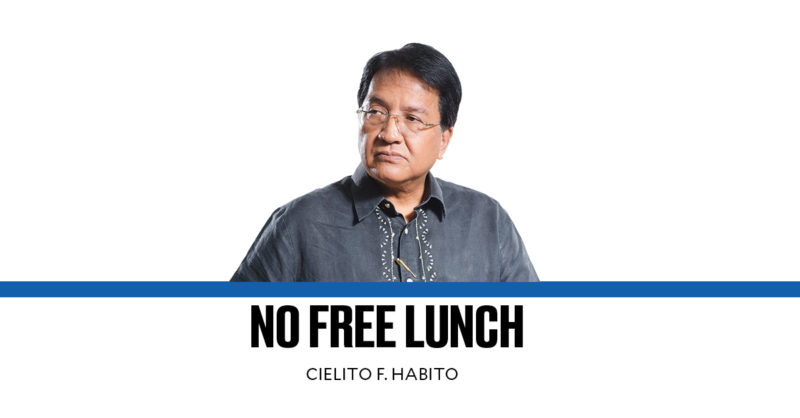The Law of Supply and Demand: A Universal Principle Defied
We’ve all heard the famous story of a past president who attempted to repeal the law of supply and demand. However, it’s important to note that this law cannot be legislated as it is a universal principle that holds true under any market system.
Now, the recent order by the President to implement price caps of P41 per kilo for regular-milled rice and P45 per kilo for well-milled rice represents yet another effort to challenge this law. By imposing price caps in a highly competitive market where prices are considerably higher, they are essentially attempting to “repeal” the law of supply and demand. Unfortunately, the consequences of this action could be even more disastrous than the problem it aims to solve.
Rice retailers and farmers have wasted no time in expressing their concerns and even declaring their intention to openly defy these price caps. The president of the Grains Retailers’ Confederation of the Philippines in Eastern Visayas stated, “As far as we are concerned, no, we will not comply … How can we recover our losses? They should give us a leeway and not give us a deadline. Most of us bought our supplies before the issuance of the rice cap order and doing so would lead to losses.”
Furthermore, several farmers’ groups have also expressed alarm over the potential consequences of depressed farm gate prices. On the other hand, some consumer groups are not satisfied with the price caps, believing that they are still too high. However, those who are well-informed and perceptive understand the broader harm that could arise from this situation.
Renowned agricultural economist, Dr. Roehlano Briones, highlights that these price caps would ultimately harm consumers. They would result in shortages, rampant adulteration of rice, deceptive reclassification of rice grades, and other unethical practices that have plagued the rice industry due to excessive regulation over the years.
The former Department of Agriculture (DA) undersecretary predicts that if the price caps remain, we will soon face rice shortages, black markets, and long queues. This is because rice traders who bought supplies at higher prices will be tempted to sell only in the black market to recover costs, and they will stop purchasing, leading to reduced market supplies and increased prices.
When prices are artificially forced below the market equilibrium price, there will be more demand than what suppliers are willing to sell, resulting in a shortage. The only way to maintain the price cap would be to impose rationing and restrict households’ rice purchases. However, this would be a costly and logistical nightmare for the government.
The alternative solution lies in reducing tariffs on imported rice, which would lower prices, and cracking down on trading cartels that hinder market competition. Furthermore, it is crucial to urgently improve farm productivity to enable our farmers to compete against imports from neighboring countries.
In conclusion, price caps could potentially cause more harm than good. It is essential that these measures are reconsidered before they inflict further damage on our economy.
Denial of responsibility! Vigour Times is an automatic aggregator of Global media. In each content, the hyperlink to the primary source is specified. All trademarks belong to their rightful owners, and all materials to their authors. For any complaint, please reach us at – [email protected]. We will take necessary action within 24 hours.


